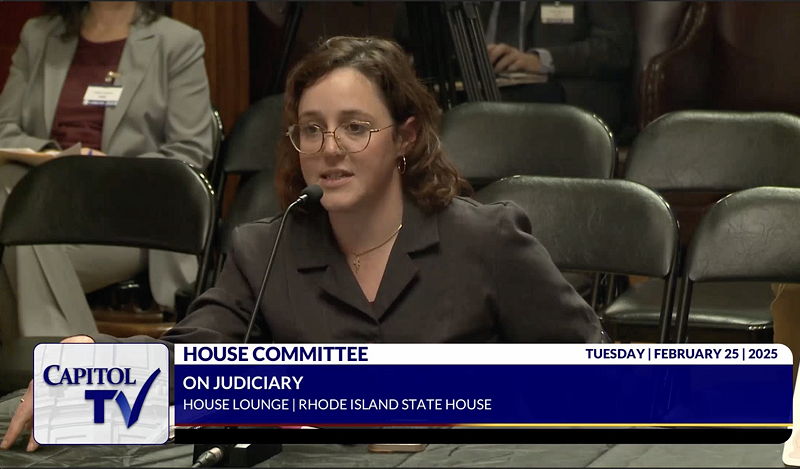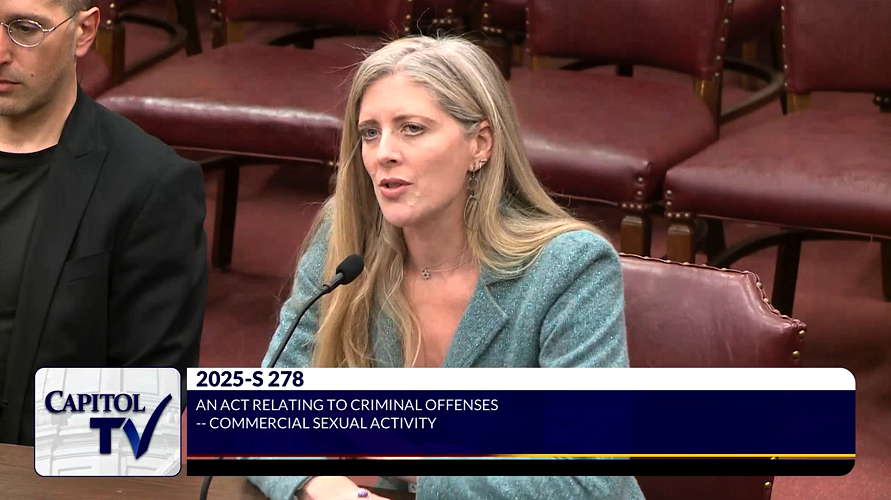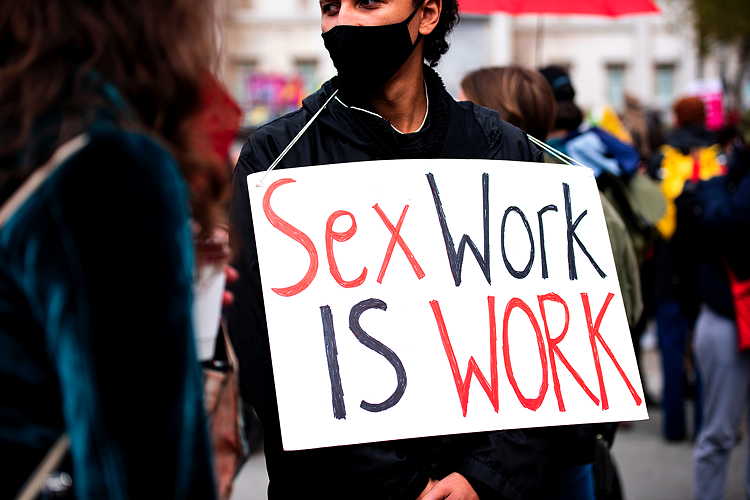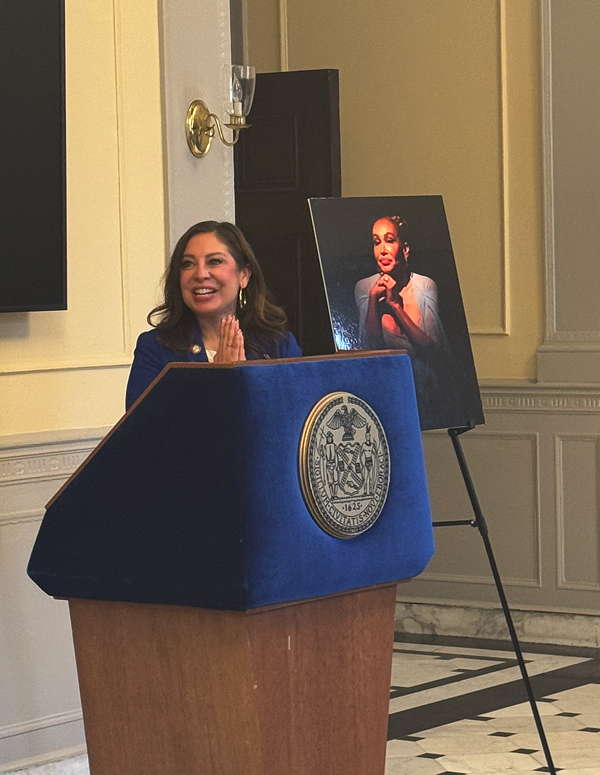March 4, 2025
Decriminalize Sex Work (DSW) joined 130 fellow advocates from New York for an impactful day at the New York State Capitol. DSW played a leading role in the organization of the day along with DecrimNY, the statewide coalition fighting for sex workers’ rights. Advocates from around the state arrived in Albany to educate legislators on the critical need to pass Cecilia’s Act for Rights in the Sex Trades (Cecilia’s Act), formerly known as the Stop Violence in the Sex Trades Act. The day included multiple meetings with legislators and a press conference.
Cecilia’s Act would destigmatize and decriminalize consensual adult sex work by amending the New York criminal law. It would also clear eligible sex work convictions from criminal records. These changes are crucial to promote safety in the sex trades, reduce trafficking, and decrease police harassment. Cecilia’s Act further promotes safety and economic growth by providing for criminal record relief (sealing, expungement) for offenses no longer criminalized. This would allow thousands of New Yorkers to move forward with their lives without the burden of a criminal conviction. Unlike other expungement laws, which require a certain waiting period before convictions are sealed, Cecilia’s Act would provide immediate relief.
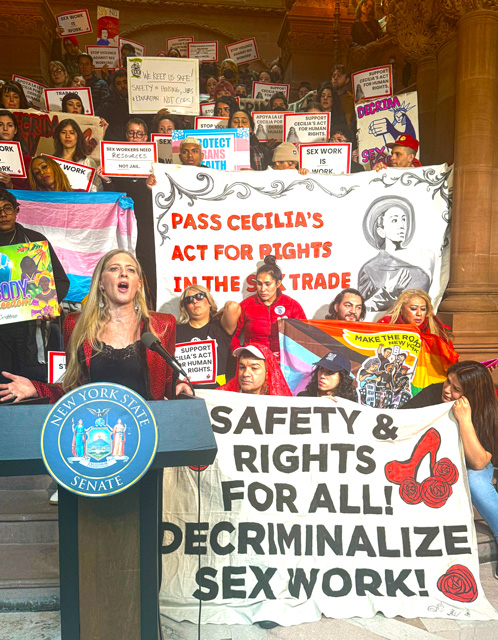
Decriminalize Sex Work Legal Director Melissa Broudo addresses the press on the Million Dollar Staircase during lobby day.
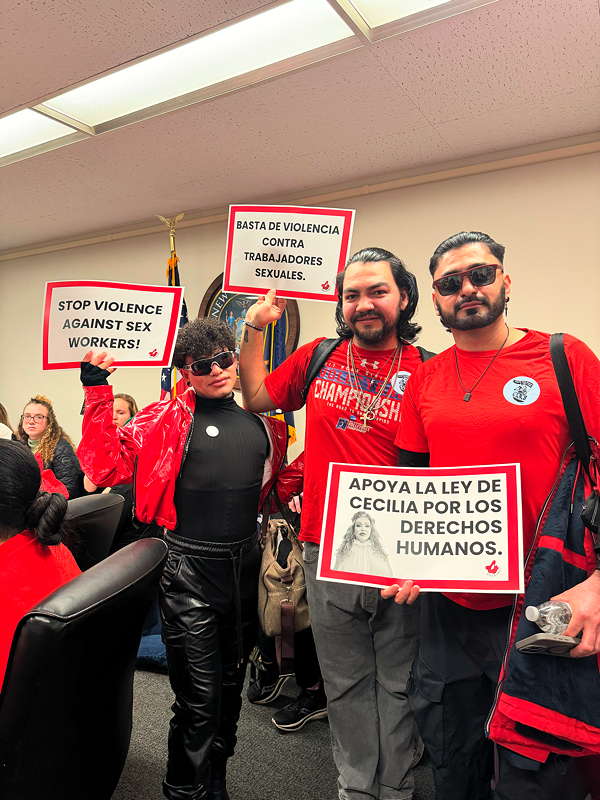
Advocates wear red and hold signs featuring images of the late Cecilia Gentili in support of sex work decriminalization.
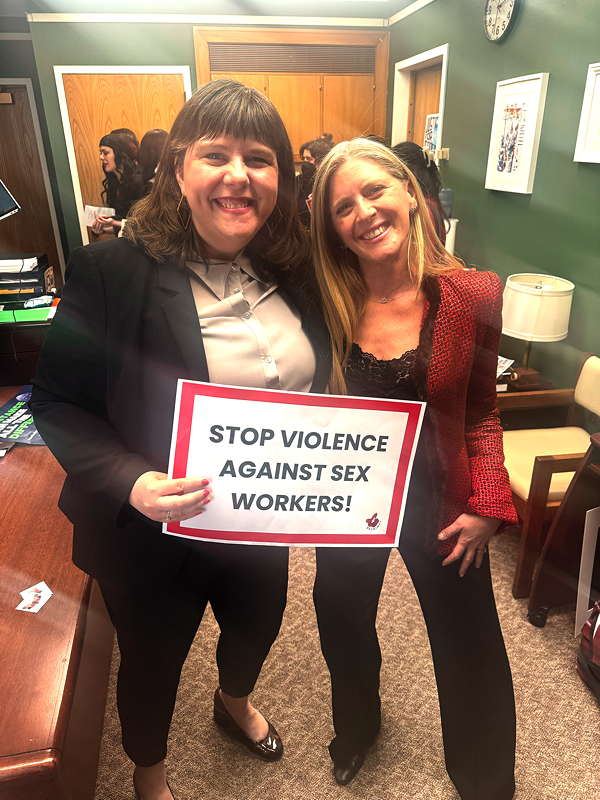
Decriminalize Sex Work Legal Director Melissa Broudo with Assemblymember Emily Gallagher.
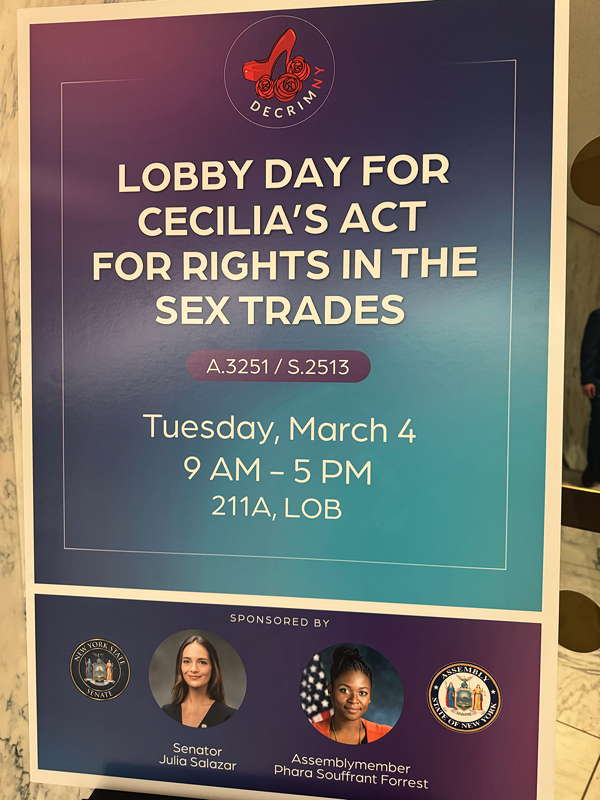
Lobby day signage.
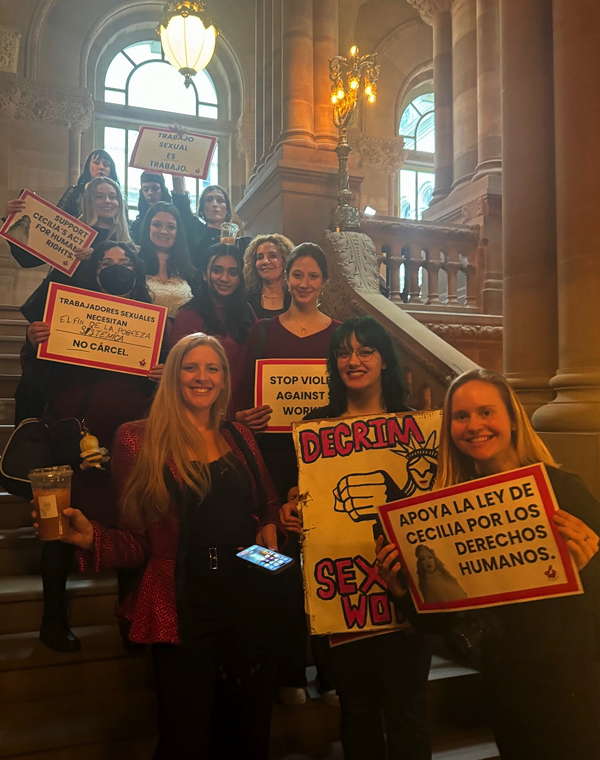
DSW Legal Director Melissa Broudo and advocates in Albany, NY, on behalf of Cecilia’s Act.
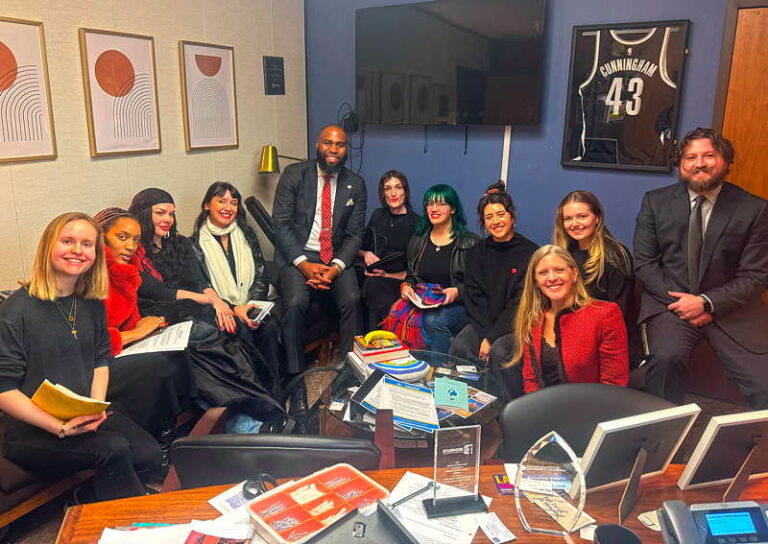
Assemblymember Brian Cunningham is pictured with advocates.
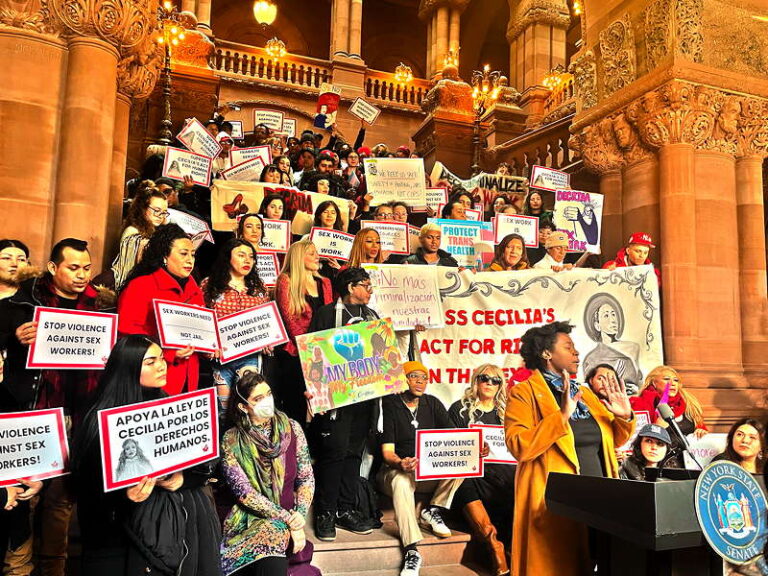
Assemblymember and bill sponsor Phara Souffrant Forrest discusses Cecilia’s Act for Rights in the Sex Trades in Albany, NY.
DSW Newsletter #61 (March 2025)
Decriminalization Advocacy Day at New York State Capitol

Immunity Law Advocacy Day at New York State Capitol
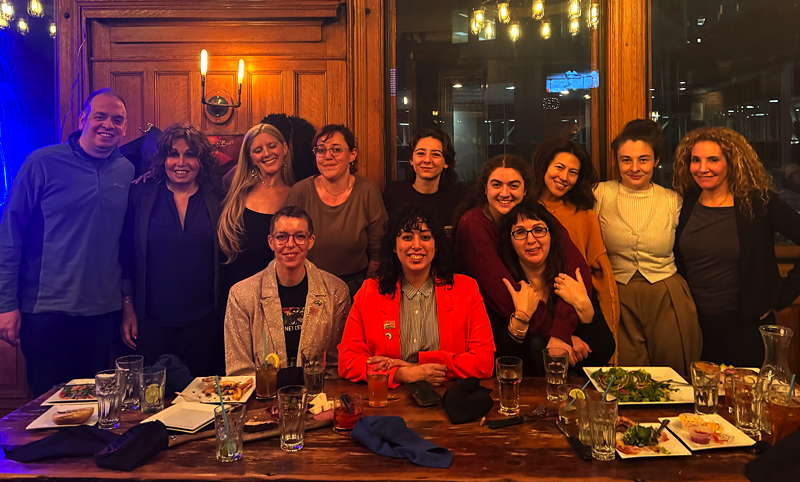
DSW Staff Testify on Multiple RI Bills
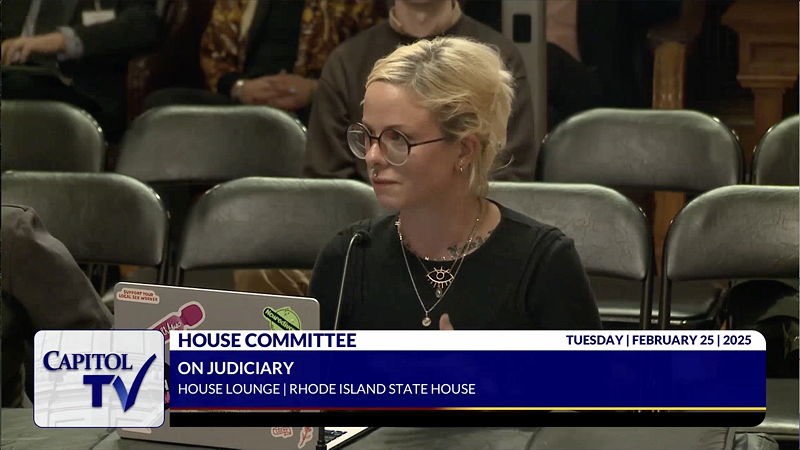
DSW Staff at the MA State House
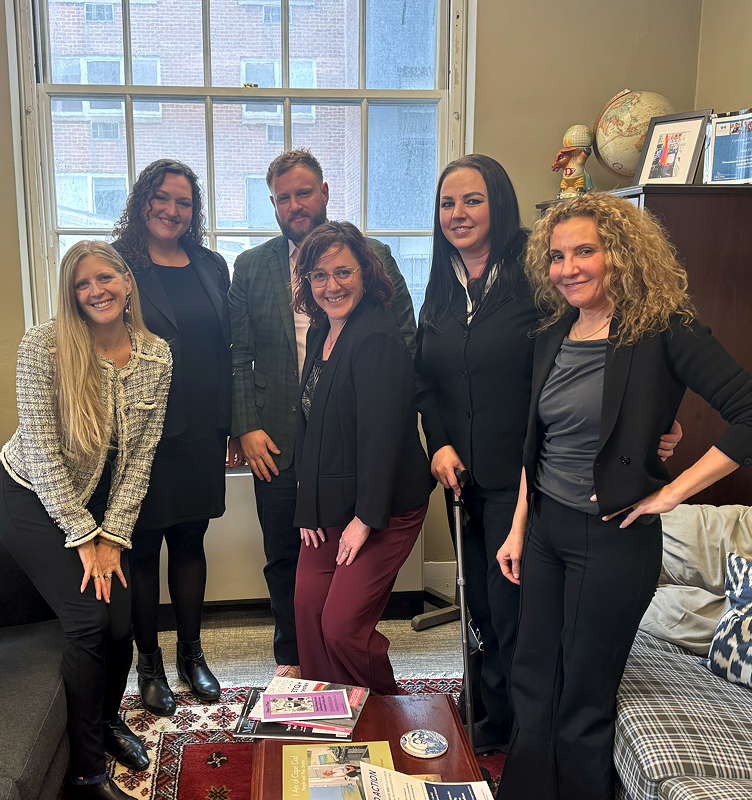
Op Ed by Henri Bynx

LAPD Murders Trafficking Victim
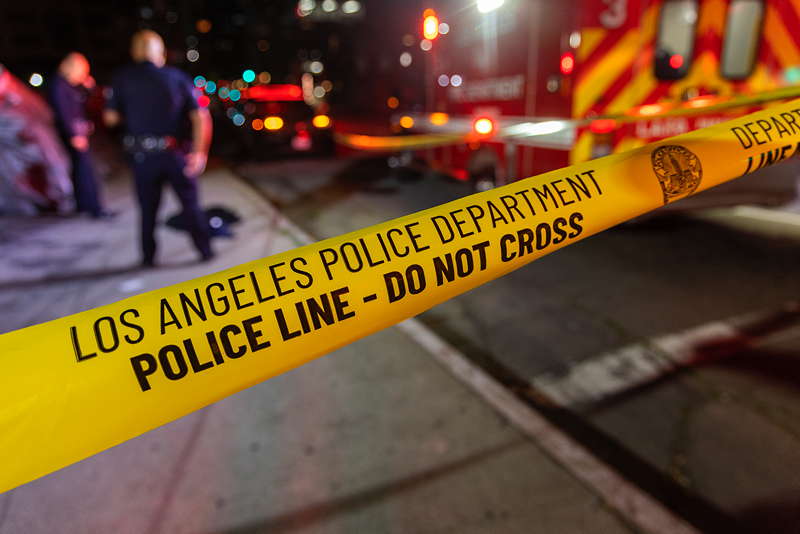
Anora and Sex Workers Win Big at the Academy Awards



